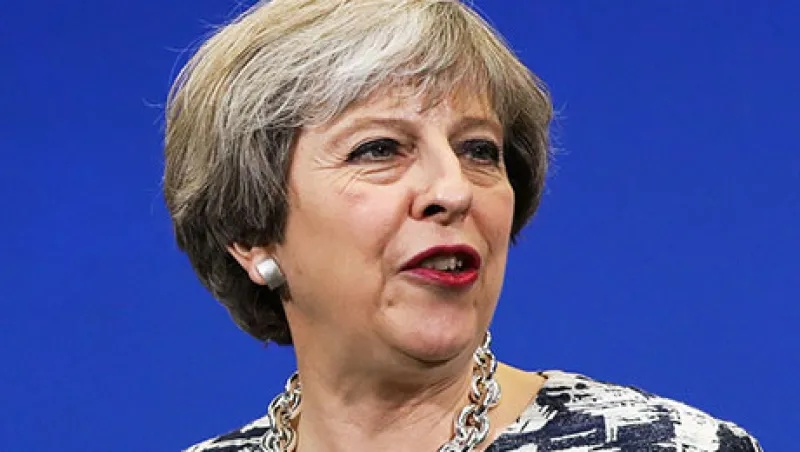
U.K. Investors Brace for Falling Pound Following General Election
Thursday’s U.K. general election has hedge funds and mutual fund managers positioned for a fall in the country’s currency, even as they expect the Conservatives to prevail.
Joe McGrath
June 7, 2017



